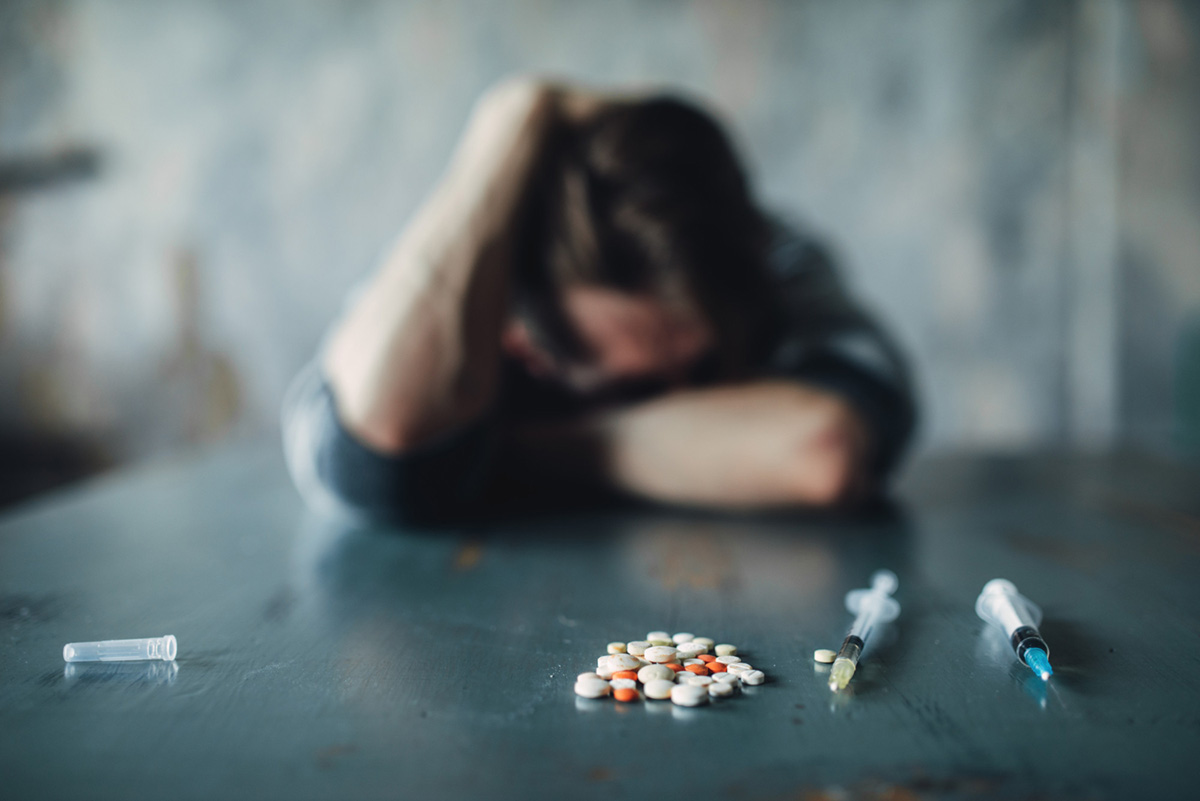Understanding the Difference between Substance Abuse and Addiction

Substance abuse and addiction are two commonly used terms that are often interchanged, but they are not the same. In simple terms, substance abuse refers to the recurring and harmful use of drugs or alcohol, while addiction is a chronic and complex disorder that causes a person to compulsively seek and use a substance despite negative consequences. Substance abuse can lead to addiction, but not everyone who abuses substances will become addicted. It is important to understand the difference between the two concepts to prevent and treat these problems effectively.
Substance Abuse
Substance abuse is characterized by the excessive use of drugs and alcohol, often resulting in negative consequences in a person's life. People who abuse substances may be aware of the harmful effects of drugs and alcohol, but they continue to use them excessively despite the harm they cause. Substance abuse can lead to significant problems in a person's physical, mental, and social functioning. Substance abuse may include binge drinking, excessive drug use, or the use of drugs or alcohol in situations where it is not safe or appropriate, such as driving a car.
Addiction
Addiction is a chronic disorder characterized by the compulsive use of drugs or alcohol despite the harmful effects it has on a person's life. Addiction is a complex disorder that affects a person's brain, behavior, and social functioning. Addiction is often accompanied by physical dependence, which means that a person needs to continue taking a substance to avoid withdrawal symptoms. Addiction can cause significant problems in a person's physical health, mental health, and social functioning. People who are addicted to drugs or alcohol often experience significant impairment in their daily functioning, including problems at work, school, home, or in personal relationships.
Similarities and Differences
Substance abuse and addiction are not the same, but there are similarities between them. Both substance abuse and addiction involve the excessive use of drugs or alcohol, and both can lead to significant problems in a person's physical and mental functioning. However, addiction is more severe than substance abuse, and it involves the compulsive use of drugs or alcohol despite negative consequences. Addiction is a chronic disorder that requires specialized treatment, while substance abuse can often be treated without intensive intervention.
Treatment Options
People who struggle with substance abuse or addiction may benefit from specialized treatment programs designed to help them overcome their problems. Treatment plans may include behavioral counseling, individual therapy, group therapy, and medications. Treatment options can vary depending on the severity of the problem and the individual's needs. Detoxification may be necessary for individuals who are physically dependent on drugs or alcohol, while cognitive-behavioral therapy may be helpful for individuals struggling with substance abuse.
Conclusion
In conclusion, substance abuse and addiction are two separate issues that affect a person's physical, mental, and social functioning. Substance abuse refers to the recurring and harmful use of drugs or alcohol, while addiction is a chronic and complex disorder that causes a person to compulsively seek and use a substance despite negative consequences. Though the two concepts are interrelated, the difference between them is significant and understanding that difference can help to develop effective treatment plans. If you are struggling with substance abuse or addiction and you're looking for a counselor in Winter Park, FL, Orlando Thrive Therapy may be your first step to overcoming these challenges. Reach out to us today to start your journey towards healing.
